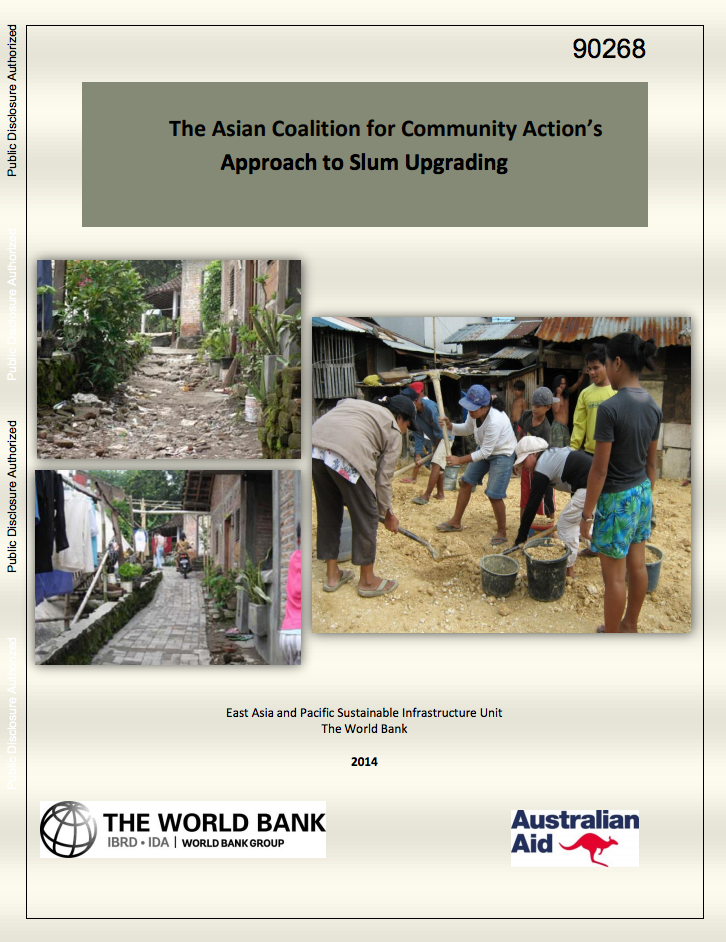Enterprise Surveys
The country profile for Sweden is based
on data from the enterprise surveys conducted by the World
Bank in 2014. The Enterprise Surveys focus on the many
factors that shape the business environment. These factors
can be accommodating or constraining for firms and play an
important role in whether a country will prosper or not. An
accommodating business environment is one that encourages
firms to operate efficiently. Such conditions strengthen


